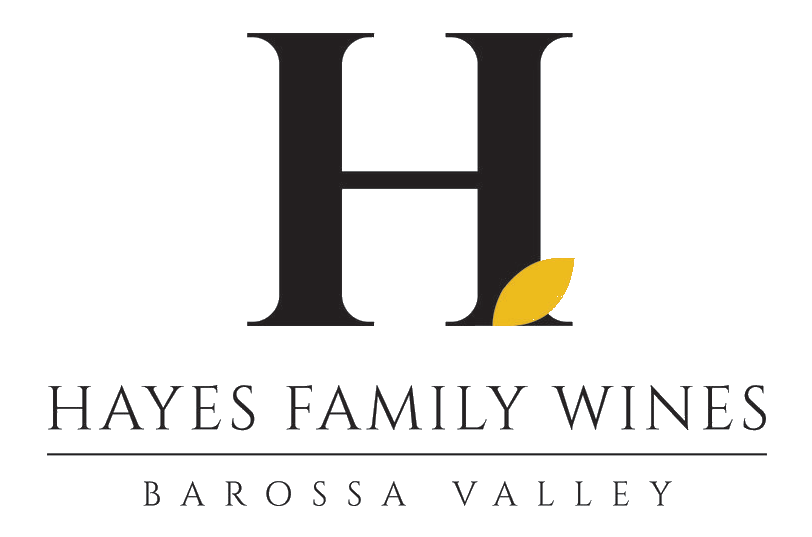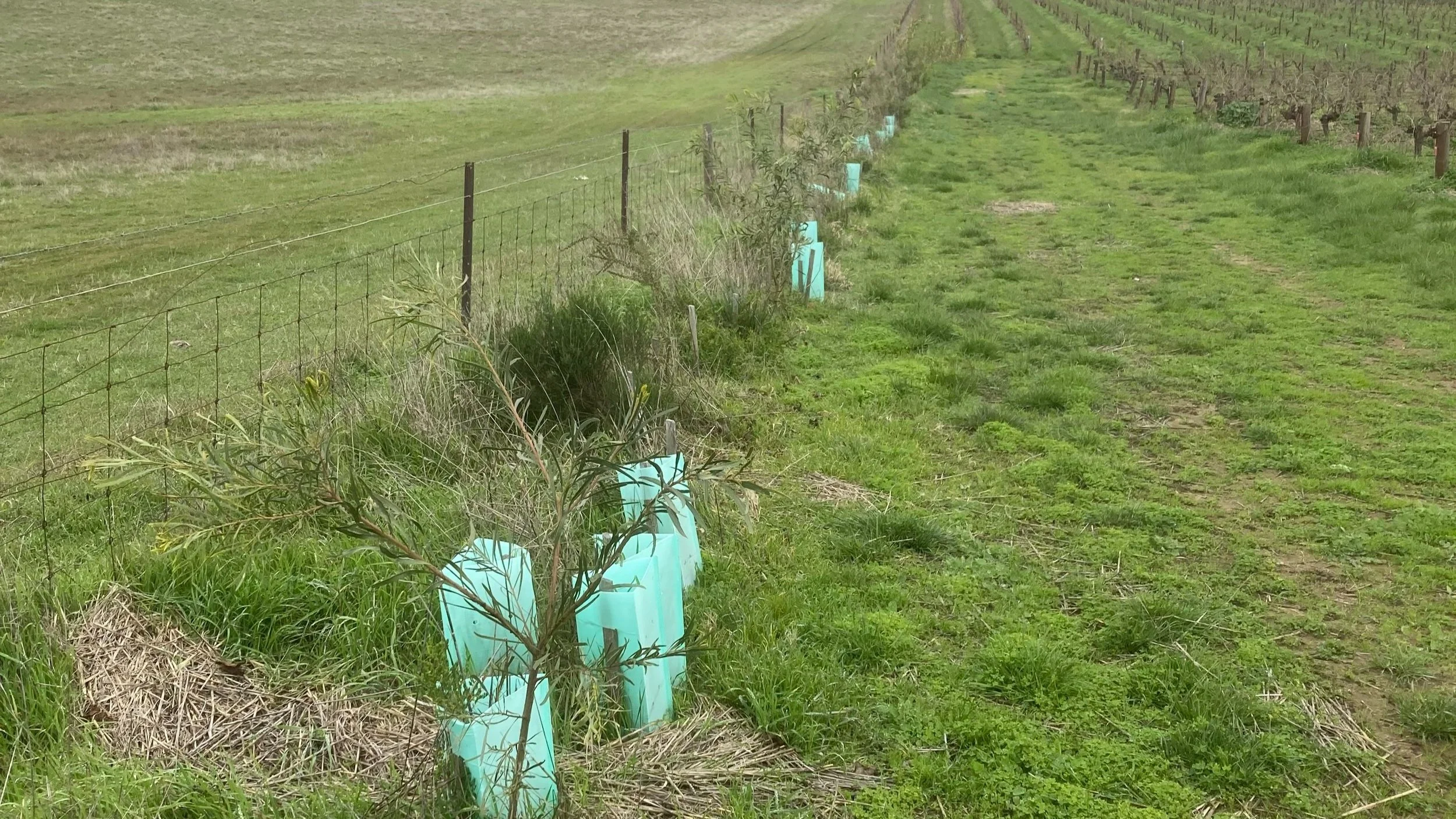Sustainability in Action - It is much more than Certification
Sustainable Winegrowing Australia
Sustainable Wine Growing Australia is Australia’s National program for grapegrowers and winemakers committed to making sustainable wine. By focusing on land & soil, water, biodiversity, energy, people & business and of course waste, members can record and compare their efforts and results against their industry peers.
Grape Growers and Winemakers can choose to be a member or undergo certification. Certification requires the completion of annual benchmark data across all pillars above, and also participation in both scheduled and unscheduled audits by independent auditors.
No program is perfect, but in my opinion, Sustainability Winegrowing Australia has made a great start in a space with way too many claims and way too little action.
Hayes Family Wines Sought Certification
At Hayes Family Wines, we have always had Organics and Sustainable farming as a key component of our ethos. We want to grow great grapes, make great wine but we want to do it in a way that puts our vineyard, people and community front of mind. We focus on what we do, but increasingly on what our suppliers do also.
We do however recognise that sustainability is a term used too frequently, so step 1 for us was to join the national program, step 2 was to be certified and step 3 was to ensure that sustainability is integral to everything we do. We have a sustainability action plan that has measurable actions in place each and every year to improve what we do.
So what have we been doing?
Each year we develop and monitor our progress against our sustainability action plan, which looks across all aspects of our farming business.
Land & Soil
In the vineyard over the past few years we have put in place actions to protect our old vines and help them to continue to thrive through more effective moisture management, vegetation management and vine regeneration.
Winery waste is carefully managed and recycled in mulch on the Schulz property in Ebenezer. Native grasses are encouraged and no herbicides or pesticides are used on our property. We recently added straw mulch to the most exposed sections of the vineyard to support the vines.
Each year we conduct soil tests and monitor progress of our soils. We have a very diverse site and building carbon is a key priority for us. We are carbon negative but continue to focus on improving our soils and local environment.
Biodiversity
Our property has historically been a mono-culture however we have been taking steps to improve the biodiversity on our very small block. This has included the installation of raptor perches and bat boxes, the addition of Indian runner ducks in the vineyard and planting of over 500 natives to encourage a more balanced ecosystem.
Off the property, we are working closely as part of the Seppeltsfield Road Biodiversity group to improve roadways and open spaces in our district. Progress is being made but there’s always more work to be done.
Water
We are fortunate to have a great site that has been dry grown for much of its life. But with more weather variability becoming the norm, we have secured sufficient water to keep our vineyard alive in the tough years. In the good years, we do not use the water.
We have moisture monitoring devices throughout the block. We know when the vines are struggling and take action. When we can conserve, we do.
In the medium term, we will continue to reinvest in the natural and technical solutions to conserve water.
Energy
Minimising energy usage is also a key focus. We have significant solar capabilities and generate more electricity then we use, but to date we have had no capability to store. We are planning to install a battery this fiscal year. This should allow us to significantly lower our purchases from the grid.
We have also reviewed our equipment to identify the high energy equipment and looked for opportunities to optimise, replace or repair. Cooling is a big area for energy consumption and steps are underway to optimise the equipment and in some cases to replace our equipment to take advantage of more efficient offerings in the market.
People & Business
The Sustainability Certification includes a strong focus on business performance and our people which is a key focus for us.
We are undertaken an extensive review of all our packaging and as a result, we will be transitioning to Australian made bottles that are lighter and have less impact on the environment. You will see this later in the year when we bottle our 2022 Grenache and Mataro based wines and our 2021 Shiraz and Cabernet based wines. Transport is one of the biggest issues in our country and globally so the more changes we can make in this space, the bigger our impact will be.
Our cartons are made of recycled cardboard, and we are in the process of seeking to get the Australian Recycling Label applied to all our cartons to help our customers recycle our packaging to further minimise their impact.
What Are Our Long Term Plans?
There has been some low hanging fruit, there are medium term actions in place, but we do recognise this is a process of continual improvement that will evolve as new research and environmental sustainability solutions arise.
We will continue to work with our grape growers and other key suppliers to help them improve what they do. We are realistic, it takes time, but as a general statement we expect all our suppliers to have a plan to improve their processes and how they impact our broader environment.


